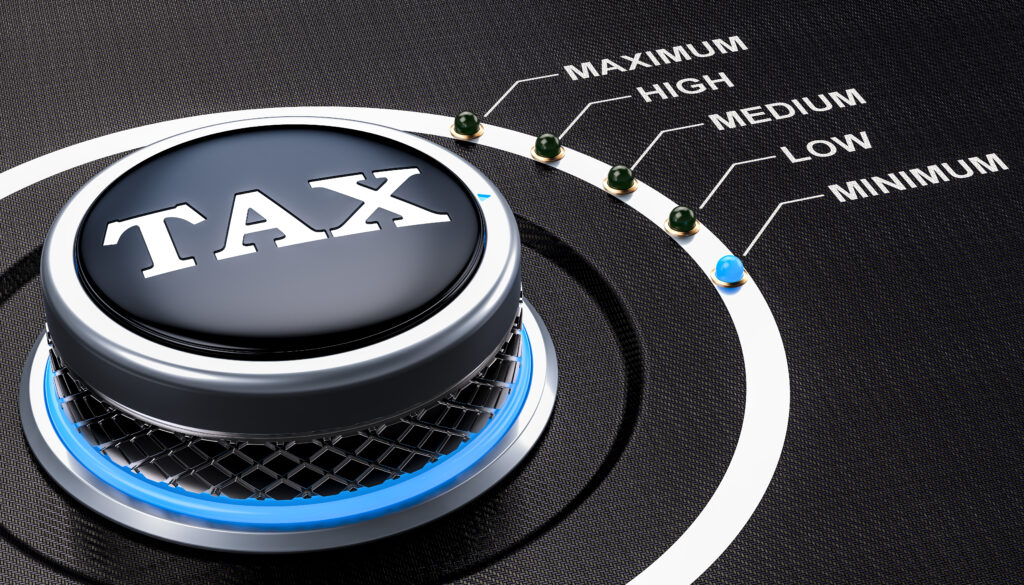Is The U.S. Really a Low-Tax Country?

Many U.S. taxpayers feel that our country’s taxes are too high, no matter which economic class you’re in. Likewise, regardless of which side of the political world you rest, most people would agree that the U.S. tax system needs some serious upgrading, and not just some fine-tuning. However, it appears that compared to many of the other developed countries in the world, the U.S. is actually on the low end of the tax scale.
According to the Organization for Economic Cooperation and Development, some of the most recent numbers show that about 30 other developed economies have higher taxes than the United States. In 2014, the U.S. government collected 26 percent of the gross domestic product revenue, which was way below the average of the rest of the world, which is 34.4 percent.
Of the 30 countries included in the report, there were only three economies that had a smaller tax percentage than the United States: South Korea, Chile and Mexico. Denmark leads the list with the highest percentage; a whopping 50.9 percent, and France, Italy, the U.K. and Germany were all over 30 or even 40 percent as well.
So why do U.S. taxpayers complain so much about taxes, if the country is actually towards the bottom of the list? It’s because the U.S. is the only country on the list that doesn’t use a Value Added Tax, or VAT. A VAT helps supplement revenue from other sources, which raises nearly 7 percent of the GDP in these countries. The U.S., on the other hand, has to count on other taxes to supplement its revenue because it does not have a VAT. And that won’t likely change any time soon.
Real Home Owners Relief
Real Home Owners Relief The sub-prime mortgage debacle is still playing out nationwide, with new home sales plummeting 61 percent since January, foreclosure rates doubling, and the number of borrowers 90-days or more in areas growing. In Northern California, East Bay homeowners – particularly, those residing in Contra Costa County, where many buyers make their…
8 Steps for Getting Out of Debt
8 Steps for Getting Out of Debt The average American spends a great deal more than they make every year. This results in a financial pitfall later in life. If you find yourself digging deeper into the empty wallet, here are ten steps you can use as a crutch to help free yourself of the…
6 Tips to Consider When Faced With Foreclosure
6 Tips to Consider When Faced With Foreclosure By Alan L. Olsen, CPA, MBA (tax) Managing Partner Greenstein, Rogoff, Olsen & Co., LLP Updated: 10/9/12 Many find themselves faced with foreclosure in the world today. Sometimes the circumstances leading to foreclosure isn’t your fault. If faced with foreclosure, most likely you want to know what…
Invest QSBS exclusion
Invest QSBS exclusion Updated: 1/23/2013 The FTB issued Notice 2012-03 on December 21, 2012. The Notice states that the Court of Appeal’s holding in Cutler v. Franchise Tax Board (2012) 208 Cal. App. 4th 1247, that the qualified small business stock exclusion and deferral statutes determined that the qualified small business stock statues–California Revenue and…



